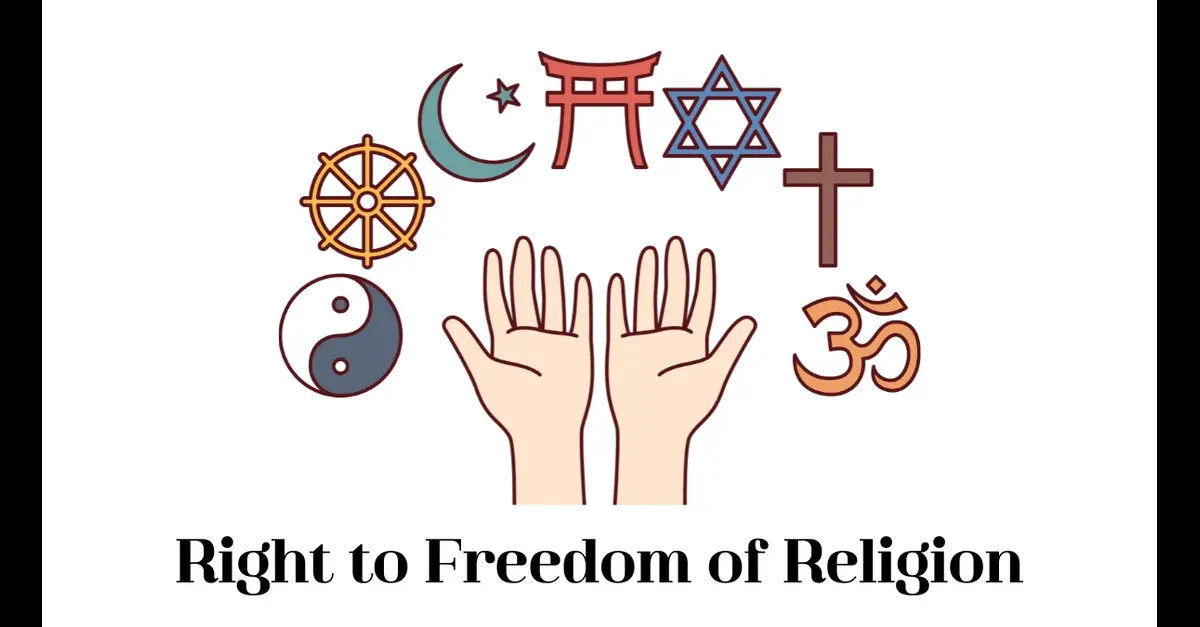INTRODUCTION
The Indian parliament passed the Waqf amendment act on April 4, 2025. The act was passed with an overwhelming majority in both the lower and upper house of the parliament. The act attracted lot of attention as it proposes to change significant aspects of the waqf legislations. This resulted in the filing of multiple writ petitions before the Hon’ble Supreme Court challenging the constitutional validity of the amendment and multiple requests from the senior counsels to post the matter as urgent hearings at the earliest possible day. The Hon’ble Supreme Court has neither commented nor made any observations about the batch of writ petitions filed before it.
BACKGROUND
The waqf act is meant to regulate the process of recognition, maintenance and regulate the waqf property. To provide a better clarity, waqf property refers to property which is donated to the Islamic community for religious reasons. The proceeds, relief and the usage of such property is solely meant for communal use and no other purpose is justified. The legislation suggests that any dispute with such property shall be resolved though the waqf tribunal which consists of Islamic scholars and members from the Islamic community and their decision is final.
KEY POINTS
The amendment proposes to change the nature of waqf property maintenance as it proposes
- The Bill changes the composition of the Central Waqf Council and Waqf Boards to include non-Muslim members.
- The Survey Commissioner has been replaced by the Collector, granting him powers to conduct surveys of waqf properties.
- Government property identified as waqf will cease to be waqf. Collector will determine ownership of such properties.
- Finality of the Tribunal’s decisions has been revoked. The Bill provides for direct appeal to the High Court.
All the above changes take away the prior liberty provided to Islamic community and the petitioners allege that such deprivation amounts violation of religious rights of the community while the government has clarified that the changes are necessary to bring transparency to the proceedings. However, all the above statements are mere inference from the various statements made by M.L.A’s, M.P’s and ministers as the case proceedings have not begun yet.
RECENT DEVELOPMENTS
The waqf amendment act, 2025 proposes to change substantial and integral parts of the legislations making way interference in religious matters. The primary question that one should have is whether the amendment has in any breached any fundamental rights that were enshrined under the Indian constitution and whether the act proposes for unjustified interference into religious matters through inclusion of non-muslim members into the panel. All these questions surfaced since the bill was proposed and the same was passed by the parliament after 14 hours of debate in the lower house and a similar number of hours of debate in the upper house. The writ petitions were filed before the Hon’ble Supreme Court challenging the validity of the amendment.
CONCLUSION
The conclusion can be drawn through inferences from the statements by various politicians, advocates and learned members of the society. The conclusion being that the amendment promotes the much-needed transparency but the same is happening at the cost severe interference form the government and judiciary. Therefore, the clarity that is needed to end the debate is whether the interference is excessive so as to vitiate the religious rights enshrined under the Indian constitution or the same is justified as it was achieved through due process of law which is just, fair and not arbitrary in nature. However, all the above statements are mere speculations as the lis is pending before the Hon’ble Supreme Court who shall conclusively decide whether the legislation stands the test of constitutionality or the same is patently illegal.
“PRIME LEGAL is a full-service law firm that has won a National Award and has more than 20 years of experience in an array of sectors and practice areas. Prime legal falls into the category of best law firm, best lawyer, best family lawyer, best divorce lawyer, best divorce law firm, best criminal lawyer, best criminal law firm, best consumer lawyer, best civil lawyer.”
WRITTEN BY LALITHA SASANKA G


